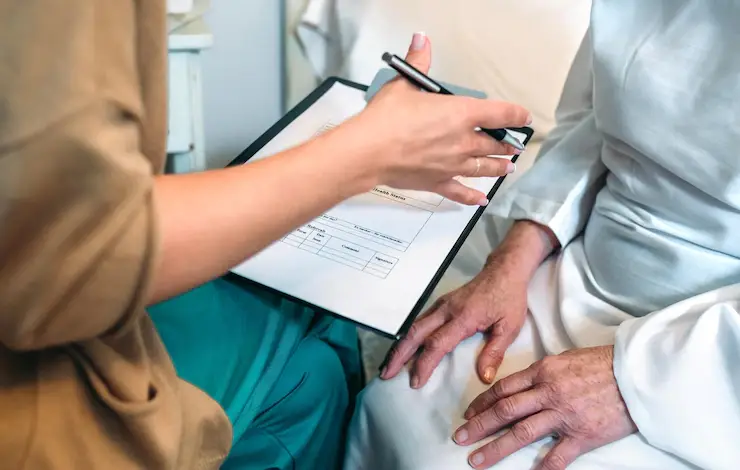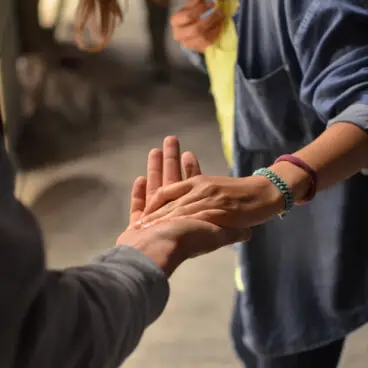OUR MISSION
Who We Are
Welcome to CPR India – your guide to understanding and asserting your rights as a patient in India. The Charter of Patients’ Rights, endorsed by the National Human Rights Commission (NHRC) and the Ministry of Health and Family Welfare, ensures dignity, transparency, and quality care for every citizen. Explore your rights, learn how to use them, and join us in building a healthier, fairer India.

Our Vision
CPR India is dedicated to raising awareness about the Charter of Patients’ Rights, a landmark framework introduced to protect and empower patients across India. Launched in 2018 by the Ministry of Health and Family Welfare and supported by the NHRC, this charter outlines 17 essential rights to ensure ethical, transparent, and compassionate healthcare. Our mission is to simplify these rights, educate citizens, and encourage accountability in healthcare systems.

Institute for Patients’ Rights is working to empower patients in need of palliative, hospice, and dignity-rooted medical practices that support the whole person. Additionally, we promote equal access to these dignity-affirming practices. IPR aids patients and the medical community in accessing high quality multidisciplinary care.
- Educate every Indian about their healthcare entitlements.
- Bridge the gap between patients and providers.
- Advocate for a rights-based approach to healthcare.
We advocate in the public square and educate governing bodies on the damaging impact of the quality adjusted life year (QALY) metric, discrimination in crisis standards of care promulgated by states during the pandemic, care rationing based on disability or age, unfair allocation of organ transplants and other scarce medical resources, the nonconsensual removal or nonprovision of life sustaining care, and disparities in suicide prevention care as are found inherent in assisted suicide laws. We are committed to standing in the gap until all patients and families get a fair shake in health care system.

Institute for Patients’ Rights is currently working with partner organizations on the issue of legalized assisted suicide. This practice leads to a two-tiered medical system in which some people receive suicide intervention, while others will receive suicide assistance.
Oftentimes, the groups receiving assisted suicide support are the most vulnerable of society. This is a deadly practice that blatantly discriminates against people in most need of life affirming care.

Please log in to submit content!



